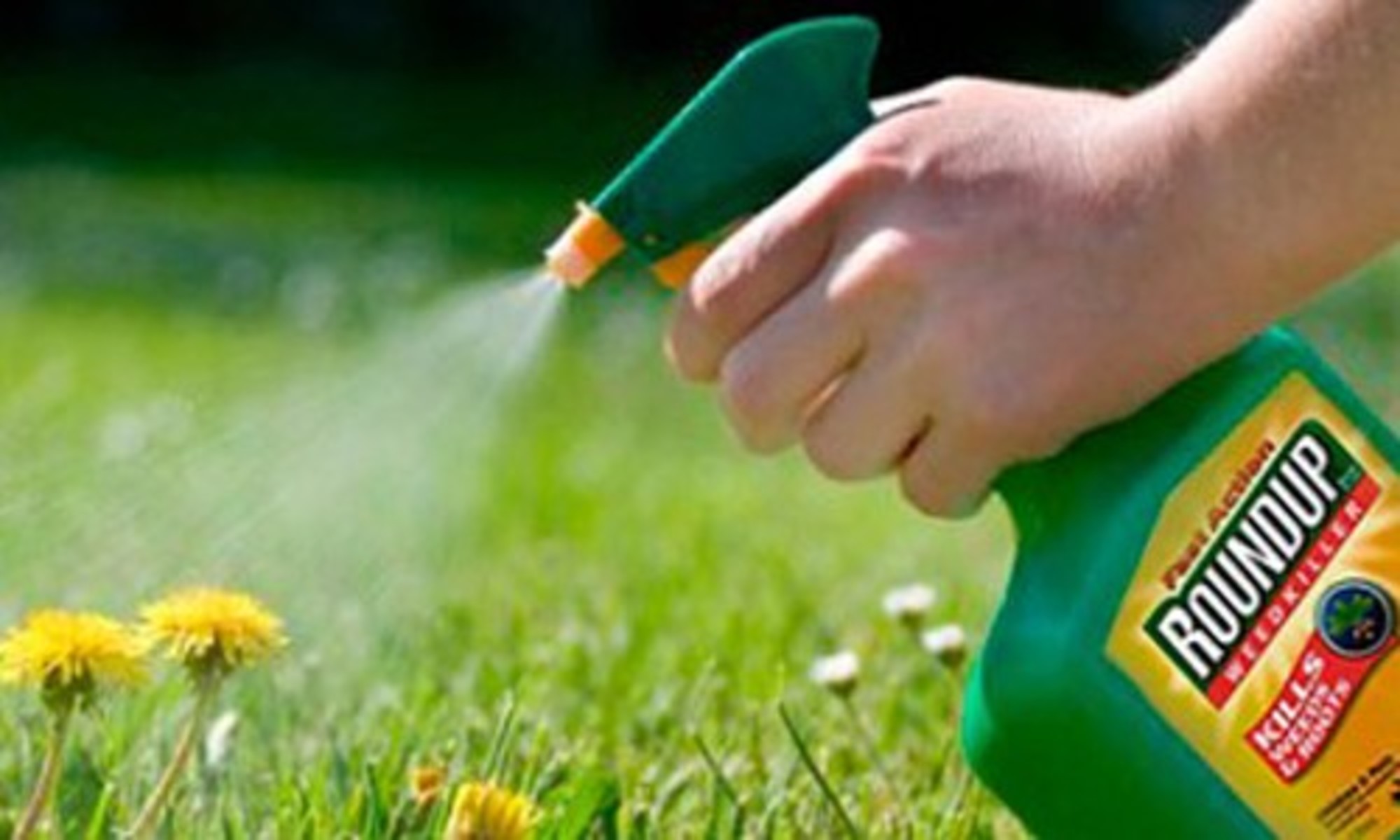Glyphosate, the active ingredient in Roundup, is one of the most widely used herbicides globally. Its prevalence has sparked considerable debate regarding its safety for human health and the environment. This article delves into the science, controversies, and complexities surrounding glyphosate, providing a comprehensive overview of its uses, potential risks, and the ongoing search for alternatives.
Understanding Glyphosate
How Glyphosate Works
Glyphosate disrupts the shikimate pathway in plants, a crucial process for producing essential amino acids. This pathway isn’t present in animals, which led to the initial assumption that glyphosate would be harmless to humans. However, ongoing research challenges this simplistic view. [https://www.lolaapp.com/daily-undulating-periodization]
Beyond Glyphosate: Adjuvants
Commercial formulations like Roundup contain adjuvants – substances added to enhance the herbicide’s effectiveness. While these adjuvants improve glyphosate’s uptake by plants, some studies suggest they might also amplify its toxicity, raising concerns about their combined impact. [https://www.lolaapp.com/ggplotly]
Health and Environmental Impacts
Health Concerns: A Complex Picture
The International Agency for Research on Cancer (IARC) classifies glyphosate as “probably carcinogenic to humans.” However, other regulatory bodies, including the EPA and EFSA, have reached different conclusions, asserting that typical exposure levels are unlikely to pose a significant cancer risk. This discrepancy underscores the complexity of the issue and the need for continued research. Emerging research also investigates potential links between glyphosate exposure and other health issues like shorter pregnancies, chronic kidney disease, and liver problems.
Environmental Effects: A Balancing Act
Glyphosate can persist in soil and water, potentially affecting ecosystems. Studies suggest it might impact soil health, reduce biodiversity, and contribute to the rise of herbicide-resistant “superweeds.” This raises questions about the long-term sustainability of glyphosate-dependent agriculture.
The History and Future of Glyphosate
From Lab to Courtroom
Glyphosate’s journey from its discovery in 1950 to its widespread use in Roundup, introduced by Monsanto (now Bayer) in the 1970s, has been marked by both agricultural advancements and controversy. Numerous lawsuits allege a connection between glyphosate exposure and cancer, adding another layer of complexity to the debate.
Exploring Alternatives
As concerns about glyphosate grow, the search for alternatives intensifies. Mechanical weeding, biological controls (using natural predators to manage weeds), and alternative herbicides are all being explored. Each method has its own set of advantages and disadvantages, and the optimal approach depends on the specific context.
The Path Forward
The future of glyphosate remains uncertain. Ongoing research, evolving regulations, and public opinion will shape how we manage weeds in the future. The search for sustainable solutions that balance effective weed control with minimal environmental and health risks is a crucial challenge for agriculture.
Glyphosate in the UK: Banned or Not? Unraveling the Truth
Despite widespread rumors, glyphosate is not currently banned in the UK. Its future, however, is subject to ongoing review as the UK establishes its own pesticide regulations post-Brexit.
Navigating Post-Brexit Regulations
The UK’s departure from the European Union necessitates the development of independent pesticide regulations. While Defra Secretary Thérèse Coffey has confirmed farmers’ continued access to glyphosate for now, its long-term availability hinges on the outcome of these evolving regulations.
Local Initiatives and Public Pressure
While a national ban isn’t in place, some local councils, like Dorset Council, have proactively restricted glyphosate use, reflecting growing public concern about its potential risks. Advocacy groups like Wild Justice continue to push for stricter regulations nationally.
Balancing Agricultural Needs and Environmental Concerns
The debate surrounding glyphosate in the UK highlights the difficult balance between agricultural productivity and environmental protection. Research, including studies conducted at Rothamsted Research, suggests that a complete ban could lead to reduced crop yields and increased weed pressure. This underscores the need for careful consideration of the potential consequences and the development of effective alternative strategies.
The EU’s Influence and Ongoing Scientific Review
While the UK charts its own course, the EU’s decision to extend glyphosate’s authorization through 2023 still holds relevance. The scientific data used in the EU’s assessment likely informs the UK’s regulatory decisions, highlighting the ongoing scientific review of glyphosate’s safety. This shared scientific foundation reinforces the interconnectedness of the two regions’ approaches to this controversial herbicide.
Is Glyphosate Harmful to Humans? Separating Fact from Fiction
The question of glyphosate’s impact on human health is complex and contentious. Conflicting findings from various studies and regulatory agencies have fueled an ongoing debate.
Conflicting Views on Safety
The EPA maintains that glyphosate is safe when used as directed, while a 2023 UC Berkeley study classified it as a probable human carcinogen. This disparity underscores the ongoing scientific disagreement about its true health risks. The IARC’s earlier classification of glyphosate as “probably carcinogenic to humans” further complicates the picture.
Potential Health Risks Beyond Cancer
Emerging research suggests potential links between glyphosate exposure and other health concerns, including shorter pregnancies, increased infant mortality risk, chronic kidney disease, and liver problems. These findings broaden the scope of the health debate beyond cancer and highlight the need for further investigation.
Exposure and Toxicity: Unanswered Questions
Despite its widespread use, there’s a surprising lack of research on the extent of human exposure to glyphosate. While glyphosate is generally considered to have low toxicity in mammals, the long-term effects of continuous, low-level exposure in humans remain largely unknown. This critical knowledge gap makes it difficult to definitively assess the full range of potential health consequences.
Strongest Weed Killers UK 2024: Expert Review & Buyer’s Guide
Finding the right weed killer for your UK garden requires more than just seeking the “strongest” option. This guide helps you navigate the complexities of weed control, considering UK regulations, various weed types, and effective application strategies.
Selective vs. Non-Selective Herbicides: Choosing the Right Weapon
Selective herbicides target specific weeds, sparing your desired plants. Non-selective herbicides, on the other hand, eliminate all vegetation they contact. Choosing the correct type is crucial for effective and safe weed management.
Glyphosate-Based Weed Killers: Understanding the Controversy
Glyphosate is a common active ingredient in many weed killers. While effective against a wide range of weeds, its use is surrounded by controversy due to potential environmental and health concerns. Stay updated on UK regulations regarding glyphosate use and consider the potential implications before choosing a glyphosate-based product.
Beyond Glyphosate: Exploring Alternatives
Several effective herbicides are available in the UK, offering alternatives to glyphosate. Research different active ingredients and formulations to find the best solution for your specific needs and concerns.
UK Regulations: Staying Compliant and Safe
Always adhere to UK regulations regarding herbicide use. Check product labels for specific instructions and restrictions. Prioritize safety by wearing protective gear and disposing of products responsibly.
Maximizing Effectiveness: Application Methods and Timing
The effectiveness of any weed killer depends on proper application. Follow product instructions carefully, considering factors like temperature, weed type, and growth stage. Correct timing and application techniques are crucial for optimal results.
Alternative Weed Control Methods: Embracing Non-Chemical Solutions
Consider incorporating non-chemical weed control strategies, such as hand-pulling, mulching, and boiling water, especially for smaller infestations or environmentally sensitive areas.
Winning the Long-Term War on Weeds: A Holistic Approach
Effective weed management requires a long-term strategy. Focus on maintaining healthy soil, practicing proper lawn care, and implementing preventative measures like mulching to minimize weed growth in the first place. This proactive approach reduces the need for frequent herbicide application.
Product Recommendations (Example Table – Replace with specific UK products and pricing)
| Product Name | Type | Active Ingredient | Target Weeds | Pros | Cons | Price | Where to Buy |
|---|---|---|---|---|---|---|---|
| (Product 1) | Selective | (Ingredient 1) | Lawns | Safe for lawns | Less effective on tough weeds | £XX | (Retailer) |
| (Product 2) | Non-Selective | (Ingredient 2) | Driveways | Kills all vegetation | Harms desired plants | £XX | (Retailer) |
| (Product 3) | Selective | (Ingredient 3) | Broadleaf Weeds | Effective on tough weeds | May harm some plants | £XX | (Retailer) |
Remember to consult local garden centers for expert advice and specific product recommendations tailored to your region and weed control needs. Safe and effective weed management requires careful consideration of various factors, ensuring a healthy and thriving garden.
- Discover Long Black Pepper: Flavor & Health Benefits - April 25, 2025
- Shocking Twists: The Grownup Review: Unreliable Narration - April 25, 2025
- A Quiet Place Book vs Movie: A Deep Dive - April 25, 2025
















